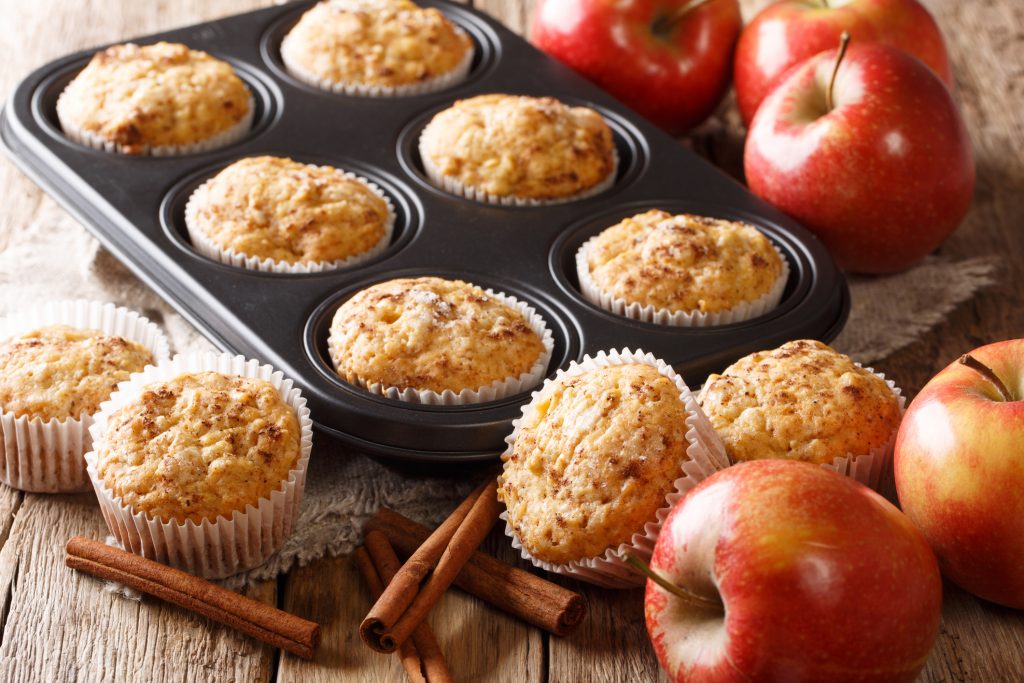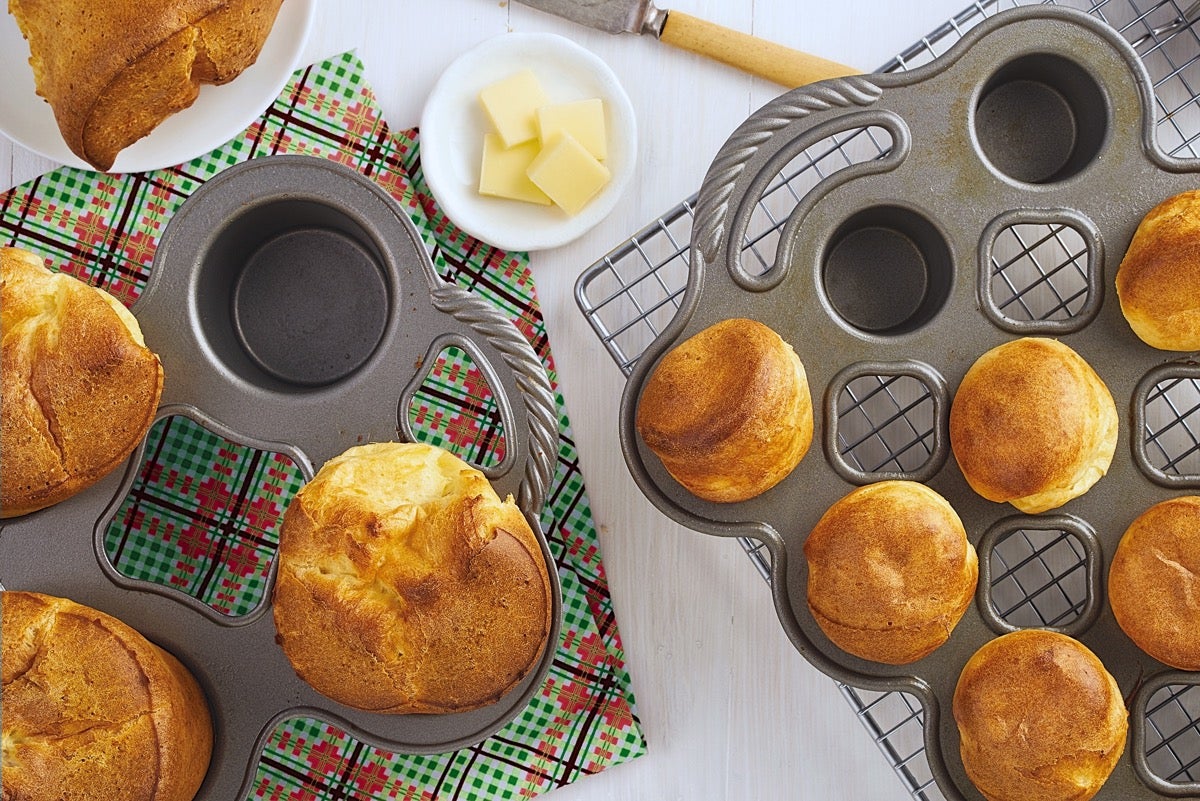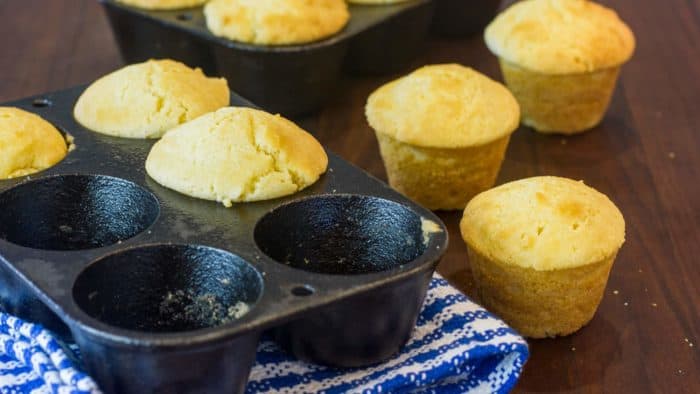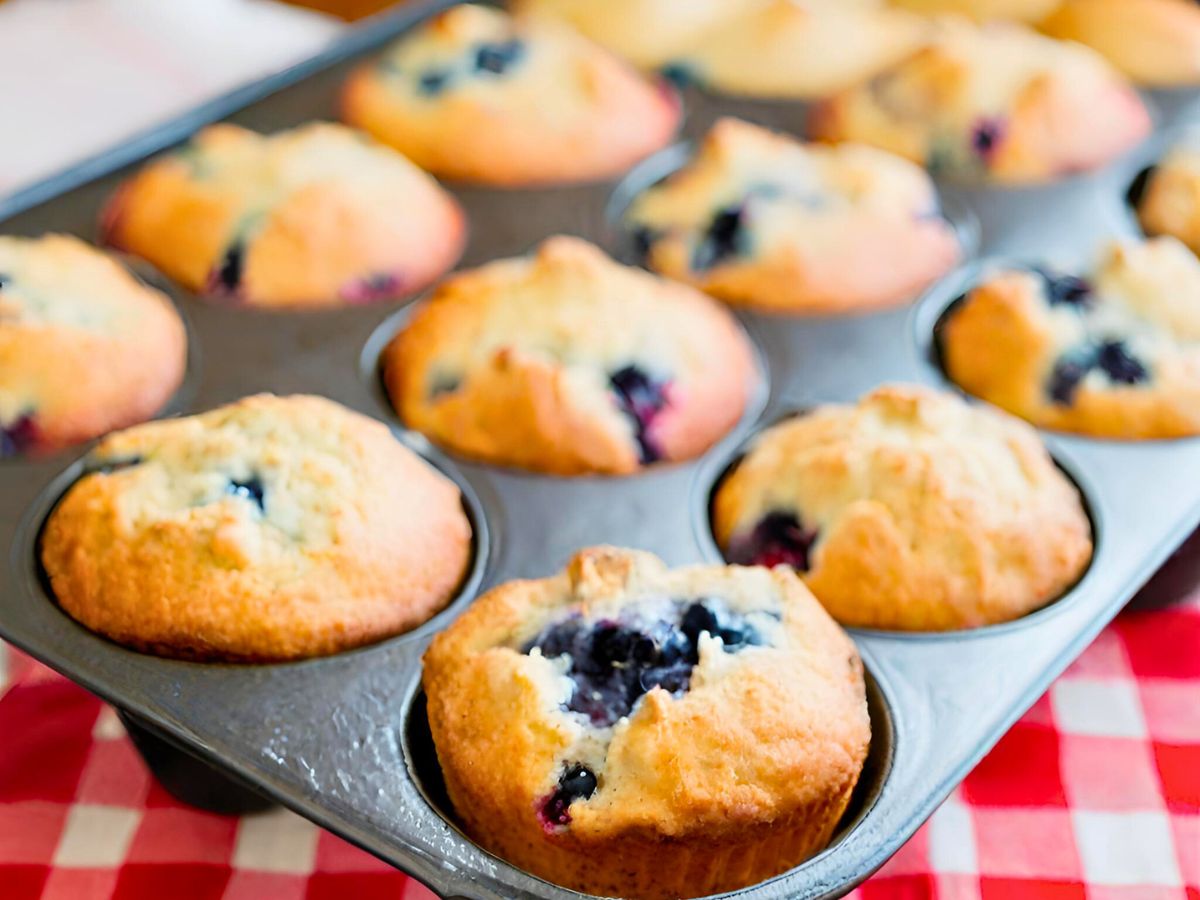In the world of professional cooking, maintaining the quality of your kitchen tools is as crucial as the ingredients you choose for your dishes. One of the common challenges faced by chefs and kitchen professionals is the issue of seasoning flaking off cast iron pans. As beloved as cast iron pans are for their durability and heat retention, they require specific care to keep them in optimal condition. Understanding why seasoning flakes off and how to prevent it is essential for any kitchen professional aiming to maintain their cookware in peak condition.

Understanding Cast Iron Seasoning
The seasoning on a cast iron pan is a layer of polymerized oil that acts as a non-stick coating and protects the pan from rust. This seasoning is built up over time through a process called polymerization, where oil is heated and bonds to the pan's surface. However, this layer can sometimes begin to flake off, leading to uneven cooking surfaces and potential rusting.
Seasoning flaking off cast iron pans often occurs due to a variety of reasons such as overheating, improper cleaning techniques, or using the wrong type of oil. It's crucial for professionals to identify the root cause to remedy the issue effectively.
Causes of Flaking
One of the primary reasons for seasoning flaking off cast iron pans is overheating. When a pan is subjected to high temperatures without enough oil, the seasoning can begin to break down. Similarly, sudden temperature changes, such as placing a hot pan under cold water, can shock the surface and cause the seasoning to crack and eventually flake.
Improper cleaning is another culprit. Using harsh detergents or abrasive scrubbers can strip away the seasoning layer. Instead, it's recommended to use a soft brush or sponge with mild soap. Moreover, failing to dry the pan completely after washing can lead to rust, which can cause the seasoning to lift and flake off.
Choosing the Right Oil
The type of oil used in the seasoning process can significantly impact its longevity. Oils with a high smoke point, such as grapeseed, flaxseed, or canola oil, are ideal for creating a robust and long-lasting seasoning. These oils are less likely to break down under heat, thus reducing the chances of flaking.
For more tips on choosing oils for seasoning, visit Allergies and Cast Iron Cooking.
Preventing Seasoning Flaking
Prevention is always better than cure. To keep your cast iron pan's seasoning intact, maintain consistent seasoning practices. Regularly apply a thin layer of oil after each use, and ensure the pan is thoroughly dried before storing. Additionally, avoid cooking acidic foods in cast iron pans, as they can erode the seasoning layer.
Maintaining a steady temperature while cooking and avoiding sudden cooling can also help. For tips on managing heat, check out Fix Uneven Heat in Cast Iron.
Restoring Flaked Seasoning
If you find that your pan's seasoning is already flaking, dont worryrestoration is possible. Start by removing any loose seasoning with a steel wool pad or scrubber. Once cleaned, thoroughly dry the pan and apply a light coat of high-smoke-point oil. Heat the pan in an oven at about 450F for an hour to allow the oil to polymerize and bond with the surface.
For further guidance, refer to Cracking Sound While Baking in Cast Iron Pan.
Conclusion
Maintaining the seasoning on a cast iron pan is vital for every kitchen professional. By understanding the causes of flaking and implementing preventive measures, you can ensure your cast iron pans remain a reliable tool in your culinary arsenal. Remember, the key to a well-seasoned pan is consistency in care and the right techniques to combat common issues like seasoning flaking off cast iron pans.

FAQs
Why is my cast iron pan sticky after seasoning?
Sticky residue usually occurs when too much oil is applied during seasoning or when it hasnt been heated long enough to polymerize. Ensure to apply a thin layer and bake at a high temperature.
Can I use soap on my cast iron pan?
Yes, a mild soap is fine for cleaning. Avoid harsh detergents and always dry your pan completely after washing to prevent rust.
How often should I re-season my cast iron pan?
Re-seasoning frequency depends on usage. Regular light re-seasoning after each use can extend the life of the seasoning, but a more thorough re-seasoning might be needed every few months.
For more creative uses of muffin tins, see Clever Uses for Muffin Tins.
This article contains affiliate links. We may earn a commission at no extra cost to you.






Leave a comment
This site is protected by hCaptcha and the hCaptcha Privacy Policy and Terms of Service apply.